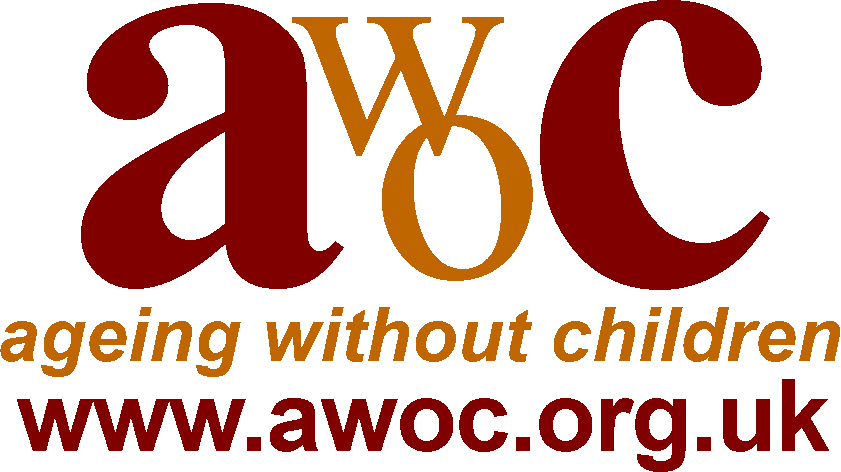
It is Carers Week, the time to highlight the work of the unpaid carers that prop up the health and social care system. Everywhere there are articles pointing out how much unpaid carers save the state and how much the system would collapse without them, which is 100% true. Without them services would implode under the weight of demand simply unable to cope with the sheer volume of people needing help.
Coincidentally, today the Guardian published an article based on a report from the Directors of Social Services saying that social care is on the brink of collapse
There have been numerous news stories over the past few years arriving with increasing frequency and higher levels of alarm covering the problems facing social care; so far they have not made any appreciable difference in terms of any additional money on anything like the scale required being forth coming.
Here’s the thing; last year for the first time, the number of older people needing care outstripped the amount of family available to provide it. This “care gap” is only going to widen; 20% of people over 50 don’t have children, more single people are entering later life and 50% of all people over 75 live alone.
At the moment the vast vast majority of unpaid care is supplied by family (92%) with the greatest % of that by partners and/or adult children. The older someone is, the more likely it is their carer is their adult child. Research shows that wider family networks such as siblings, nieces, nephews as well as friends do not substitute for a partner and/or child; the more care someone needs, the more likely those networks of wider family and friends are to fall away. Essentially, if someone needs help for a short period of time i.e. after hospital or only on an ad hoc basis e.g. the occasional lift to hospital, the wider network holds strong. However as soon as people start to need long term help and care or to need help and care multiple times a week, the network falls apart unable to cope. Bear in mind that nephews/nieces for example will have their own parents to think of while friends will often be in the same age bracket as the person needing help.
People ageing without children are more likely than those with family support to need paid social care. Ironically though they struggle to access it more as often they have no advocate to help them navigate the system.
It therefore cannot be overstated how much people ageing without children will suffer if social care continues to be destroyed. It is fantasy land nonsense based on an anachronistic view of society to expect as Government says repeatedly families to do more. By and large families already do an enormous amount most of which they wouldn’t even recognise as being vital, for people with no family at all or with family unable or unwilling to help it’s simply not an answer in any way shape or form. It is completely irresponsible to overlook older people without family support as is repeatedly the case in discussion on ageing.
As we celebrate carers week, remember that people ageing without children are 30% more likely to be carers for their own parents. Who will care for them when they need it is the biggest unaddressed question in social care and it cannot and must not go on being so
AWOC provides training to organisations to help them better understand and be equipped to help people ageing without children
